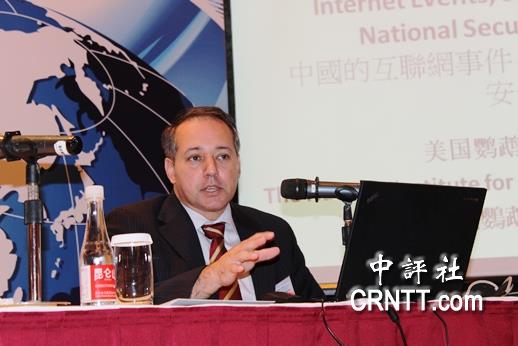Interviews, commentary and analysis given by staff and associates of the Nautilus Institute.
Học giả quốc tế nói chuyện biển Đông ở đại học Mỹ
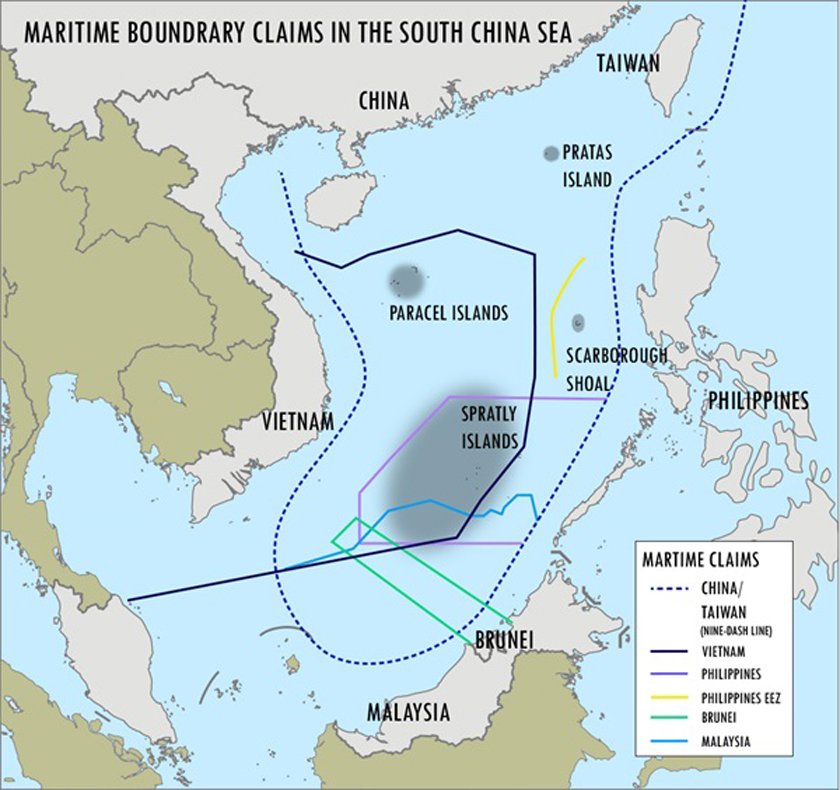
On September 25, 2014 Nautilus co-hosted a workshop, Dangerous Waters, at the University of California, Berkeley. Issues associated with the disputed islands among Vietnam, China, Phillipines, Japan, Korea, Brunei, Malaysia, Taiwan and Indonesia were discussed. Nautilus expects this to be the first in a series of meetings to explore this complex and emotional issue.
Go to the articleNuclear Weapons for South Korea: Under threat of a possible fourth North Korean nuclear test, should South Korea develop its own nuclear weapon? The Diplomat, Philip Iglauer
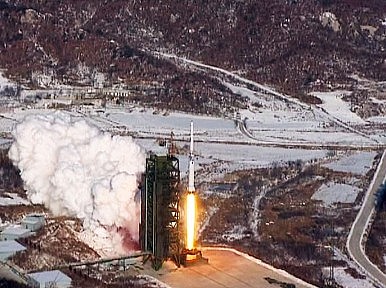
Nuclear tensions are again ratcheting up on the Korean Peninsula, with Pyongyang threatening a fourth nuclear weapons test in what one U.S. analyst described as its new “allergic reaction” to routine military exercises by South Korea and United States scheduled to start on August 18.
Go to the articleNorth Korea: Leadership Schisms and Consolidation During Kim Jong Un’s Second Year in Power, 38 North, Alexandre Mansourov
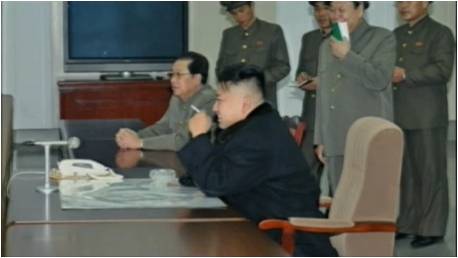
The year 2013 will be recorded in North Korea’s political history as the year of “anti-party and counter-revolutionary crimes and capital punishment,” most notably marked by Kim Jong Un’s acknowledgment that his own relatives refused to accept his absolute rule and his triumph over the family traitors, and the Icarus-like rise too close to the sun and the downfall of “grey cardinal” Jang Song Thaek.
Go to the articleNorth Korea: a breakout moment for Kim Jong-un?, The Christian Science Monitor, Robert Marquand
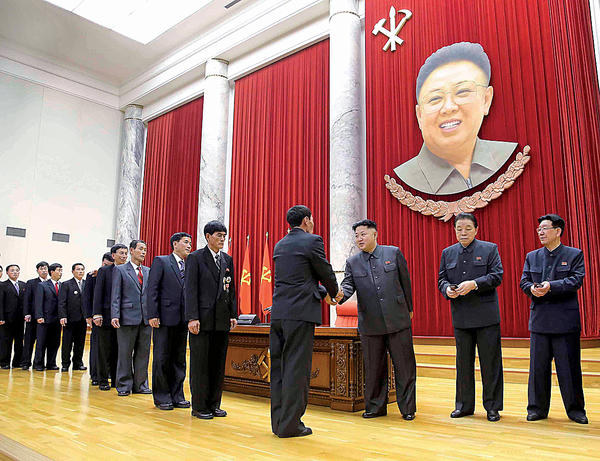
In the standard composite of Kim, he is said to like video games, has grown up shy and pampered, and went through a wild and impulsive period. “He’s a modern kid. He’s probably on Twitter. His dad stayed at home, but Kim Jong-un gets out,” says Peter Hayes, director of the Nautilus Institute in Berkeley, Calif.
Go to the articleBeijing Seeking a Break in the Impasse over North Korea, New York Times, Jane Perlez

Roger Cavazos, a former United States Army intelligence officer and North Korea watcher who is now with the Nautilus Institute, a group that studies international security issues, said, “The point is: Wu Dawei talks with North Korea in August, North Korea then talks with U.S. interlocutors” — Mr. Bosworth and Mr. Gallucci — “U.S. interlocutors back-brief the State Department, then State gives their answers to Wu, and Wu is now in North Korea relaying American answers/concerns.”
Go to the articleSecret Spy Station on Cocos Islands, The Age, Philip Dorling
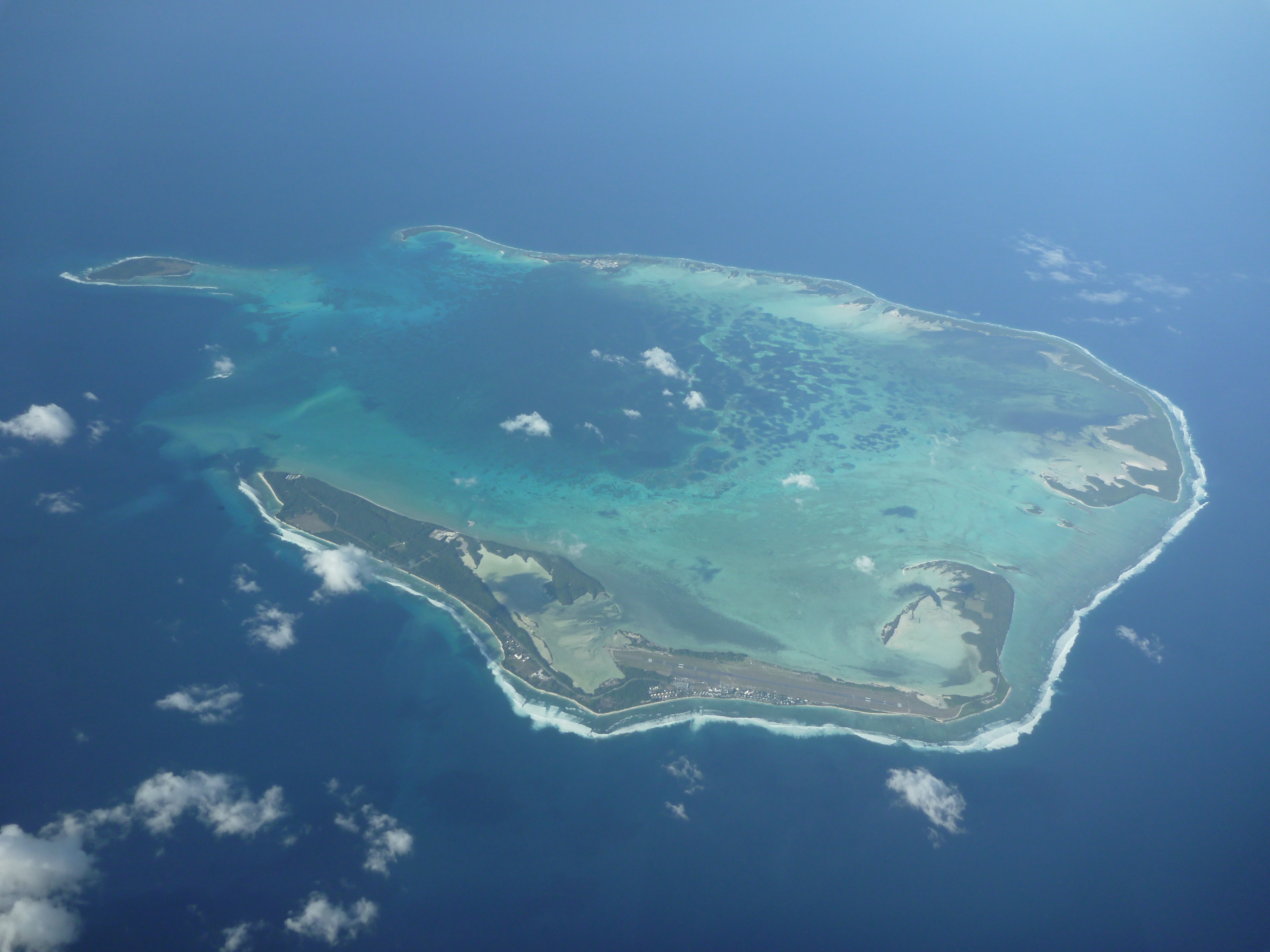
Professor Richard Tanter of the Nautilus Institute of Security and Sustainability said the Cocos station was likely to intercept increasing volumes of naval and military communications. “With the increasing Australian and US interest in the Indian Ocean region and the planned maritime surveillance deployments, it is likely to become more important.”
Go to the articleWhat Now for Afghanistan?, The World Today, Martin Cuddihy

After 12 years, Australia’s formal presence is coming to an end. By Christmas the Tarin Kowt base in Afghanistan will be locally controlled.
Professor Richard Tanter says Afghanistan has become so reliant on economic and military aid that it can no longer survive without foreign capital. And he’s blaming one of Afghanistan’s neighbours for continual destabilisation.
Go to the articlePrirazlomnaya Platform Greenpeace Incident, Officer of the Watch
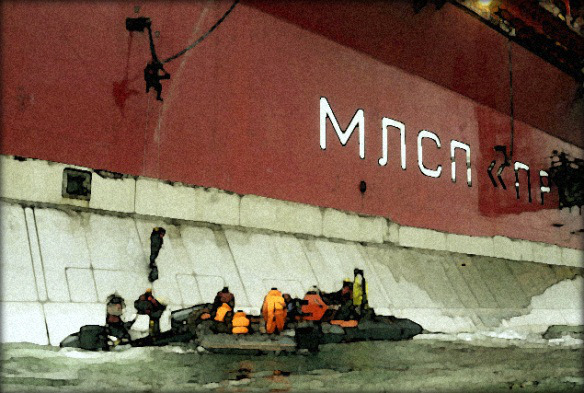
So it is left to a legal analysis to conclude if the acts of the protesters can be considered as piracy or not and someone could even dare to say that in this case we are “playing” with words since the first thing that comes to someone’s mind when he sees the word piracy is the situation in east Africa and the west coast of Africa and the Far East and not the picture of some protesters trying to board a platform or a ship with the aim, most probably, to place a protest banner.
Go to the articleChina Goes Public on North Korea, Foreign Policy, Daniel W. Drezner
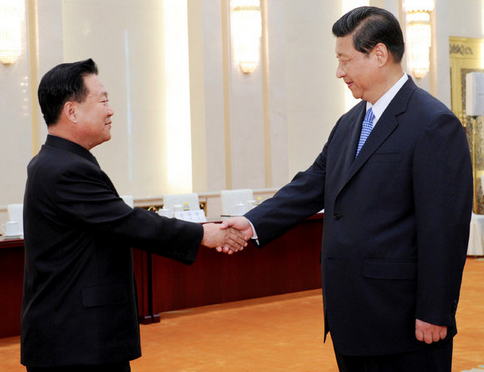
In this case, even the publication of the sanctions list itself is something of an intelligence find for the United States — as Perlez notes:
“The list gives a good insight into what China knows about the missile and bomb development of North Korea,” said [Roger] Cavazos, the former Army intelligence officer who now works as an analyst at the Nautilus Institute, which studies international security issues. “From what I can tell, it lays out almost all China knows about North Korea’s missile and nuclear program.”
Go to the article

